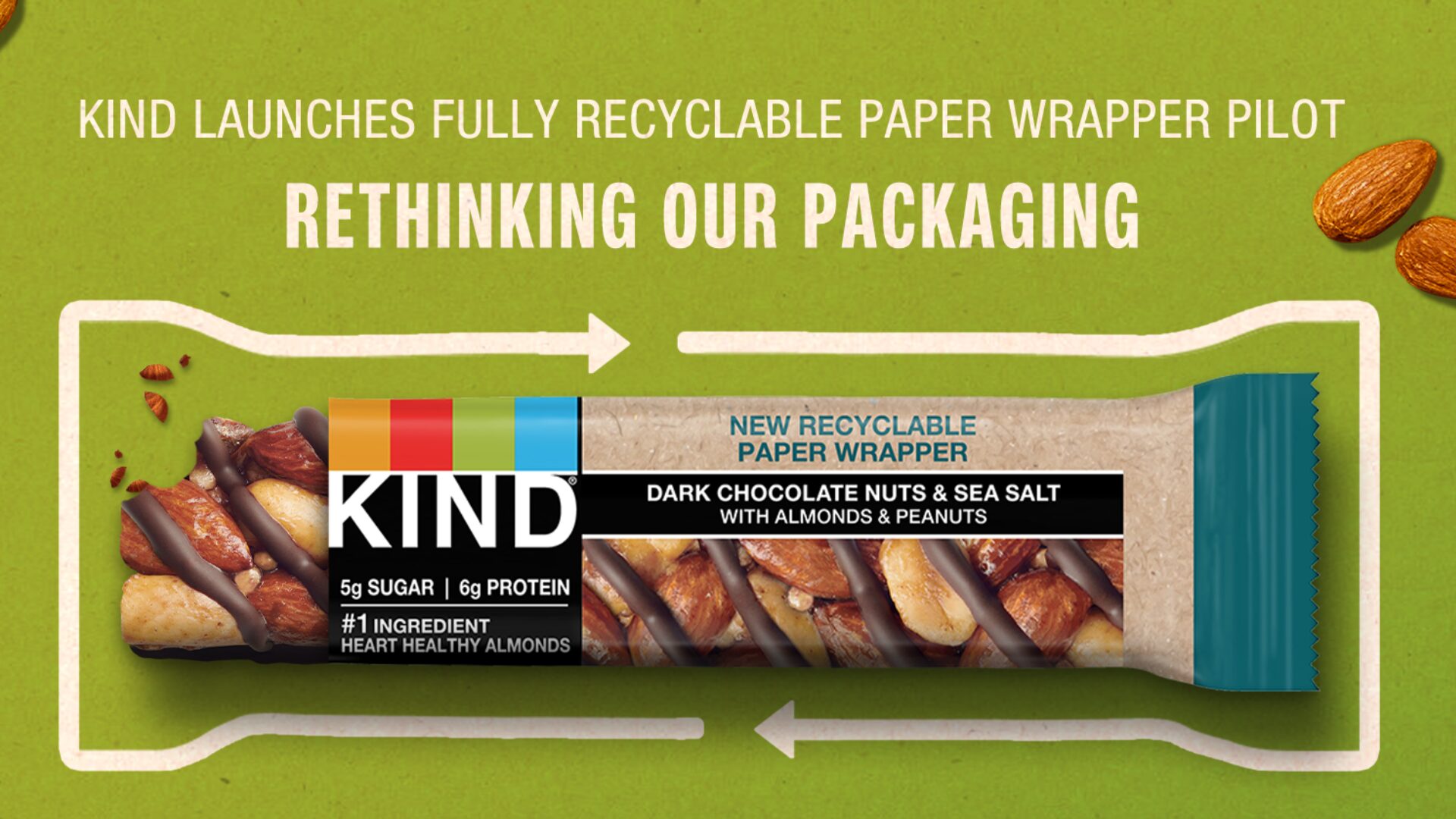Main Points:
- Post-COVID, venture capital firms are focused on classic strengths like earnings, margins, and competitive advantage rather than top-line growth
- Omnichannel strategies are essential in the current environment for portfolio businesses
- Sustainability, natural ingredients, and functional health foods are top trends influencing the market
- A potential growth area is plant-based meat substitutes that can compete on real, core terms vs. conventional cuts
What do food companies need to know about investing in the age of COVID-19? Megan Bent, founder and managing partner of Harbinger Ventures, and Tom Spier, founder and managing partner of Boulder Food Group, lent their expertise to a roundtable discussion with The Food Institute CEO Brian Choi. Their conversation covered three main areas: business models and financial decisions, investing from the venture capital point of view, and customer interest in health and sustainability.
Investors examine the durability and quality of a company’s business model now more than ever before making a decision, Bent said. Focus has shifted from revenue to classic strengths like barriers to entry, IP, margins, and EBITDA (earnings before interest, taxes, depreciation, and amortization). The concept of perceived value has proved delicate, and it’s hard for businesses to prove retained loyalty through online ads. Most importantly, companies need to create a product that people like and that lives up to the expectations advertising, word of mouth, or simply its presence on a shelf created for it. In the world post-COVID-19, fewer customers are willing to buy at premium prices, and all customers will be quick to stop purchasing from a brand if the product does not meet expectations.
Channel shifting is also key, Bent said. She recommended rolling direct response teams where one person can move dollars between channels (Amazon, Target etc.). Omnichannel availability is mandatory, she mentioned, when customers tend to seamlessly shift through different retailers. Changing state and federal regulations for going out also means that channel flexibility is mandatory in 2020.
Bent said the food segment can be appealing to VCs because it opens up options that aren’t dependent on profitability or growth equity. She predicted early access to capital will probably be more difficult after COVID-19 but it isn’t necessarily a problem. Instead, it offers an opportunity for capital efficiency and forces companies to solve harder problems first. Spier reiterated success is driven by high-quality products that perform well in regards to capital. Companies looking for funding should know that working in a category that is out of favor will make valuation much more difficult, and it’s not a segment where a company is likely to succeed with only a little money.
Some startups enter into agreements with larger companies only to find themselves neglected. Take for example General Mills’ acquisition of natural foods company Annie’s Homegrown in 2014. Annie’s was effectively incorporated into General Mills’ yearly objectives and company-wide policy changes. In turn, Annie’s worked to expand its sustainability targets to the larger entity. Both businesses needed a “flag bearer” to keep communication flowing both ways, Spier said.
Sustainability, natural ingredients, and functional heath foods are all moving the needle throughout the industry. Investors are looking out for companies that can leverage their ethical values into financial value. Plant-based meat and functional health foods are both rising markets, the investors said. This is noticeable in the alcohol industry as well as the food industry, where practices that have not changed for hundreds of years are shifting as customers choose between wine and kombucha, noted Bent.
“The meat industry is going to have to innovate to stay competitive,” Bent said. “Get prepared to compete on real, core terms.” A “hot” opportunity might emerge from a company that knows how to make plant-based meat compete against animal meat directly in terms of format. Non-dairy milk could compete on format since it can be bottled like dairy milk, but matching format in the food world is harder. Investors are still watching to see what companies like Beyond Meat, which recently started selling patties, can do against conventional cuts. Spier predicts that as the supply chain beefs up and the price of plant-based meat production goes down, more founders and investors both will become interested in the space.
(For full conversation, view the “Top VC Investment Trends in the Food & Beverage Space” webinar by clicking here.*)
* Only FI Professional Members have access to this webinar and our webinar library. Join now.
By Megan Crouse, Food Institute freelance writer.









